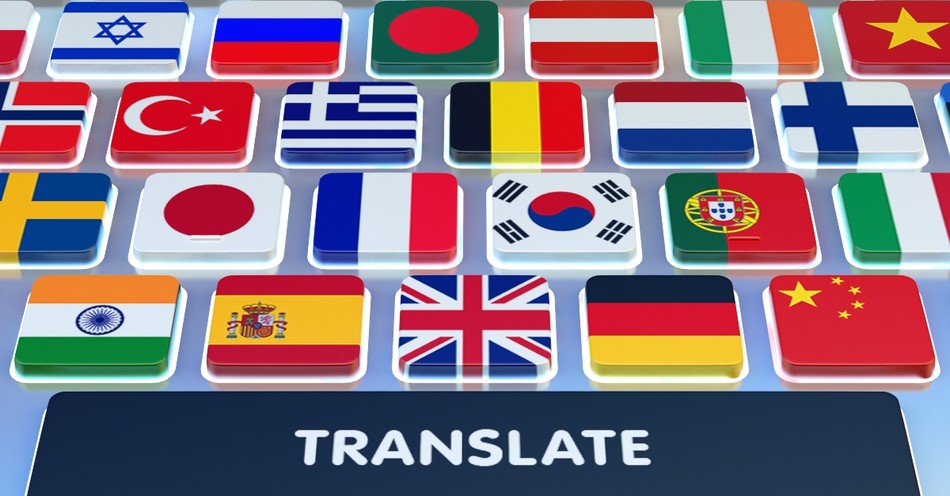We’ve all played the game of telephone, or seen it played, where a group of children will pass around a message in a circle, whispering the message to their neighbor, and the person at the end of the circle will attempt to decode the original message.
Or, we’ve seen Google Translate attempt to translate a phrase from one language to the other, often missing keywords, or it completely garbles the original intent of the message.
When people glance at the Old Testament (or the New Testament, for that matter) they may view the idea of copying manuscripts in the same way. Even though the Bible has warnings against people who will add to Scripture (Revelation 22:18), perhaps writers interjected their own thoughts or ignored the warnings.
This understanding seriously misrepresents the painstaking process copiers of manuscripts went through, such as the Septuagint.
What is the Septuagint?
The Septuagint, the translation of the Hebrew Bible into Greek, was created by 70 or 72 Jewish scholars, who painstakingly translated the Hebrew Bible into a commonly spoken language of the day, as in the third and second centuries BC, Hellenization had taken over Israel.
We’ll dive into what is the Septuagint, some possible translation errors, and why it matters.
It is the translation of the Old Testament, including apocryphal books such as Sirach, the Book of Tobit, etc., from the original Hebrew into commonly spoken Greek of the day.
Meaning of the Name "Septuagint"
The name Septuagint comes from the Latin of seventy because 70 or 72 scholars helped aid the process of the translation.
Supposedly, King Ptolemy II Philadelphus of Alexandria wanted to add the Pentateuch, the first five books of the Hebrew Old Testament, to his library, and thus, the translation of the Old Testament began.
Over the span of the third and second century BC, the translators tackled different sections of the Hebrew Bible, starting with the Pentateuch. Apparently, all 70 translators had worked independently of each other, and yet, produced 70 identical translations, proving that God had a fingerprint in the process of the translation.
This also goes to show the painstaking work the translators underwent to provide a manuscript that portrayed the truth in another language from the original text.
We can see the same process applied to Bible translations today, such as a several hundred-hour discussion and research implemented by the ESV translation committee to change a word from slave to bondservant to better reflect the meaning of the Greek word found in the New Testament: doulos (Romans 6).
It wasn’t a mere game of telephone or Google translate at all.
Loses of Translation
As is the case with translating any phrase from one language to another, we do tend to lose at least some meaning from the original text. For instance, the Bible talks about different kinds of love. When Jesus asks Peter if he loves him, Jesus is asking him, do you agape me? (John 21:15-19).
In other words, do you love me unconditionally in the way that only God can love someone? As human love has conditions.
Peter, knowing his human limitations says, I phileo you. I love you like a brother, but I can’t have the unconditional love that God has for everyone.
When we read the passage, as English readers, we’ll fail to miss this nuance in the text, because we don’t speak the original language used. Nevertheless, that does not mean we cannot receive insight, comfort, or any other beneficiary element from the Bible. It just means that we won’t be able to unearth some of the more lexiconic insight unless we study the original language.
The same is true for the Septuagint. Although the translators did exercise great caution and care with the original text, not every word will translate cleanly from one language to another. Check out this article on some of the errors committed in translation, and how documents known as the Dead Sea Scrolls shed light on the accuracy of the Septuagint and the divine hand involved in the process of translation.
Conclusion of the Septuagint
Jesus has called us to preach the gospel to all nations (Matthew 28:16-20), and this includes providing translations of Scripture into every language, allowing for others to experience God’s story in their own native tongue.
In analyzing the Septuagint, we see the importance of translating with care, but also to recognize that not every translation will accurately depict every nuance presented in the original text.
For a really cool case study on translating Scripture into a language of an unreached people group, check out Bruchko by Bruce Olson.
And, ultimately, we do have to recognize the importance of the Septuagint on the New Testament. Many times when Jesus or the disciples quote the Bible, it comes from the Greek translation of the original Masoretic text.
©iStock/Getty Images Plus/cybrain
Hope Bolinger is an acquisitions editor at End Game Press, book editor for hire, and the author of almost 30 books. More than 1500 of her works have been featured in various publications. Check out her books at hopebolinger.com for clean books in most genres, great for adults and kids. Check out her editing profile at Reedsy.com to find out about hiring her for your next book project.

.jpg)

.jpg)
